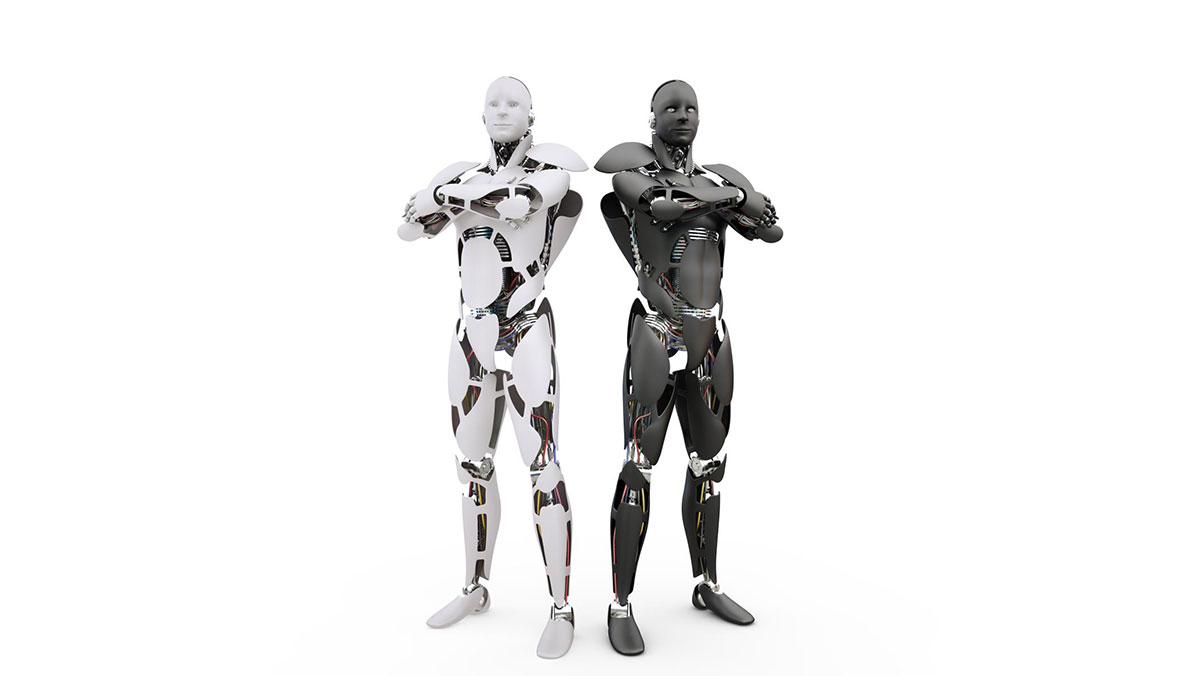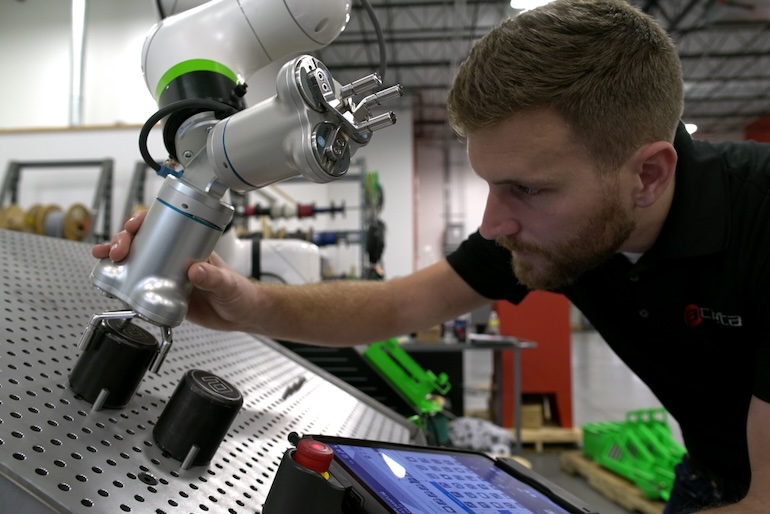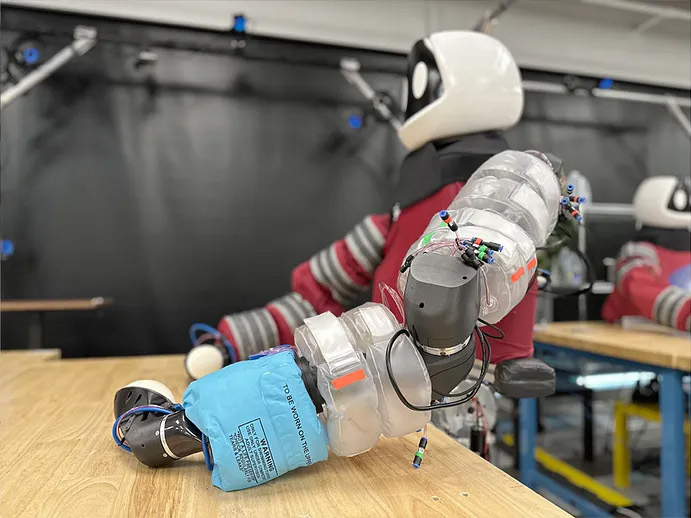In the sterile corridors of the King Faisal Royal Specialized Hospital and Research Center (KFSH&RC) in Saudi Arabia, a quiet revolution is transforming medicine. With 400 successful robotic heart surgeries and an astounding 98% survival rate, these machines are proving to be more than just technological novelties—they're becoming lifesavers.
Beyond Science Fiction: Robots in the Operating Room
The era of robotic surgery is no longer a distant dream. Hospitals worldwide are witnessing a paradigm shift where precision machines are complementing and, in some cases, outperforming human surgeons. The implications are profound and far-reaching.
Key Advantages of Robotic Surgery
- Accelerated Recovery: Patients are returning home 50% faster after robotic procedures, dramatically reducing hospital stay durations.
- Economic Efficiency: Contrary to initial assumptions, robotic surgeries are becoming more cost-effective, with fewer complications and shorter recovery times.
- Pediatric Breakthroughs: KFSH&RC has become the world's first hospital performing robotic heart surgeries on children, opening new frontiers in pediatric care.
- Complex Procedure Mastery: Robots are successfully executing intricate operations like aortic valve replacements and multi-valve surgeries with unprecedented precision.
A Global Perspective on Medical Robotics
The trend isn't confined to Saudi Arabia. In India, the Misso robot assists surgeons in orthopedic operations, while AiM Medical Robotics has developed an MRI-compatible robot enabling real-time surgical planning.
Driving Factors
- High operational success rates
- Reduced human error
- Increased task efficiency
- Shortened rehabilitation periods
Beyond Surgical Robots: Process Transformation
Robotization isn't just about hardware. The medical industry is experiencing a comprehensive digital transformation, including:
- Automatic patient data collection and analysis
- Disease prediction and prevention
- Diagnostic recommendations
- Health status monitoring
- Medical record management
- Laboratory process automation
Challenges and Opportunities
While initial robotic surgical procedures are more expensive, long-term benefits are undeniable. Fewer complications, faster recovery, and improved patient outcomes demonstrate that this technology is more than a passing trend.
Importantly, robots aren't replacing surgeons but augmenting their capabilities. The future of healthcare lies in symbiotic relationships between human expertise and machine precision.
As technology continues evolving, we can expect increasingly sophisticated medical robots. From pediatric heart surgeries to complex orthopedic procedures, these machines are rewriting the possibilities of modern medicine.
The robot surgeon is no longer a futuristic concept—it's here, saving lives, and transforming healthcare one operation at a time.


















